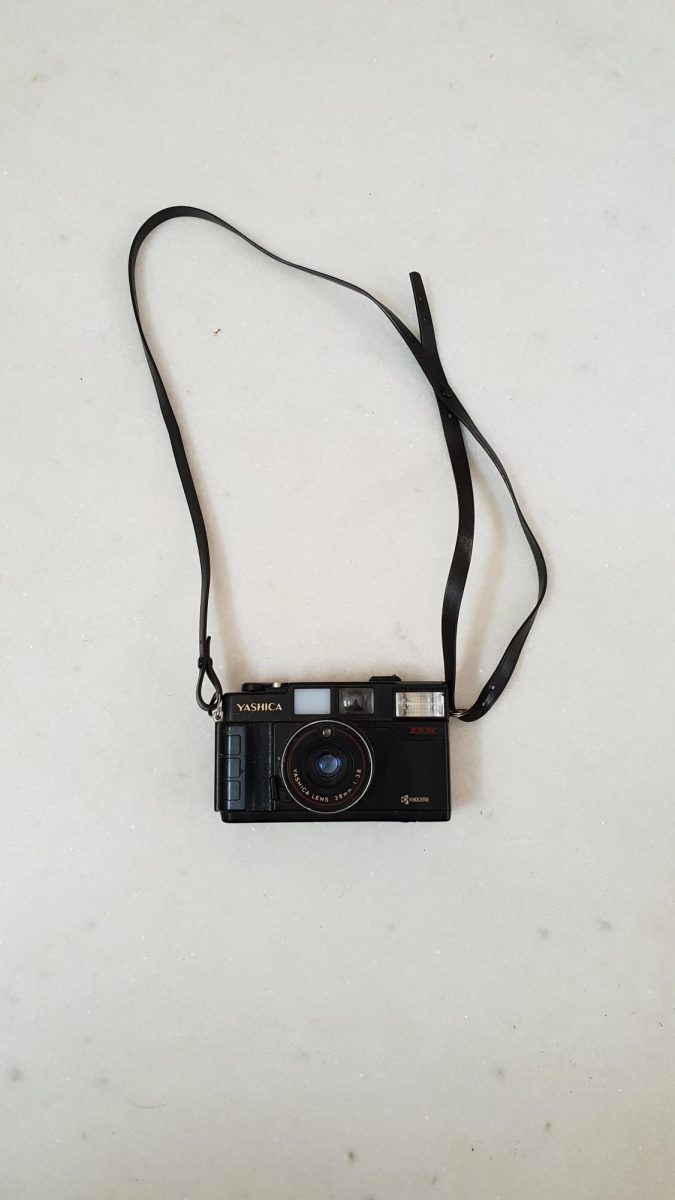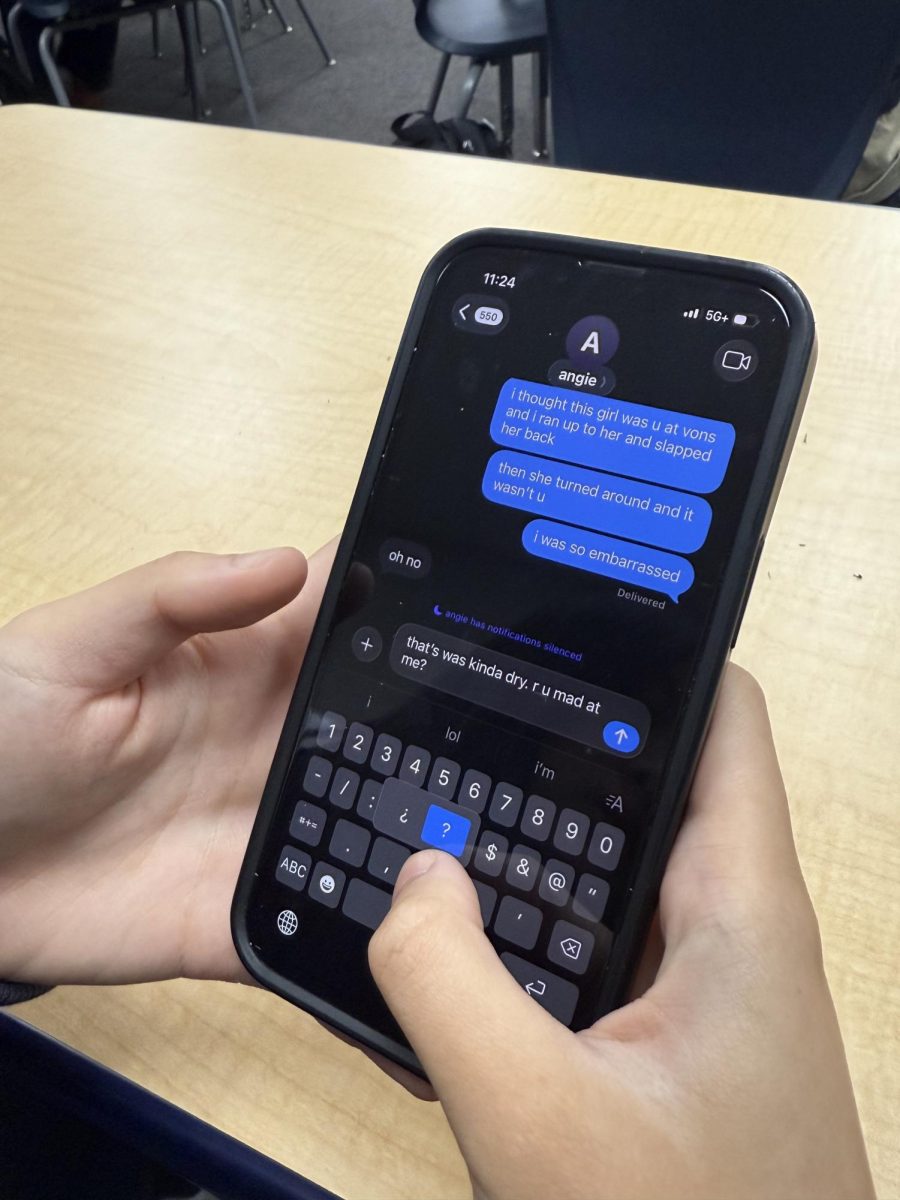Social media has seen a surge of posts featuring hazy and overexposed photos taken by digital cameras; this vintage style has recently been in fashion among Gen Z.
To date, there are over 431 thousand Instagram posts tagged with #digitalcamera, along with observed increases in the search for digital cameras on e-com.
Digital cameras have fallen in step as Gen Z relives the Y2K era that lasted from the late 1990s to the early 2000s. Despite previous notions that digital cameras are pointless relics of the past, Gen Z-ers have eagerly dug these cameras out from their parents’ closets to curate the aesthetic on their social media accounts.
Several mobile applications have attempted to replicate the appearance of point-and-shoot cameras, including Dazz Cam, ProCCD, HUJI, FIMO and OldRoll, among others.
Since today’s teens have grown up in an age where nearly all of their interactions with the world are digitized, they are already accustomed to using their phones for daily functions. With everything being centralized on their devices, most stand-alone gadgets were rendered obsolete.
However, the digital camera withstood. In contrast to the plain and flat look of mobile photos, digital cameras have been credited with adding a layer of personality and encouraging online authenticity.
Digital cameras have fewer megapixels compared to a mobile phone cameras, producing the low quality appearance. However, the effect is purposeful, capturing memories that, to many members of Gen-Z, are even more worthwhile than those snapped through a phone.
Gen Z-ers have found joy in having digital cameras because they are an outlet completely detached from online hyperconnectivity. Many of today’s teenagers grew up with digital cameras during their childhood, so the gadgets instinctively evoke nostalgia.
In my personal experience, friends have brought their digital cameras to capture photos at school dances and other events. I appreciate the grainy and imperfect quality of the photos since it almost mimics how I remember memories from the past. If I look back at the photo in the future, I’ll be able to distinctly recall the moment the photo was taken.
Since our phones are constantly accessible, it’s simple to just point and document everything that we see; but with digital cameras, the choice to take a photo is far more intentional, requiring a deliberate decision to capture the memory.
With the beginning of 2024, teens are nearing adulthood in a world brimming with uncertainty and precarity that creates an insistent need for authenticity and realness. Digital cameras have delivered just that.







